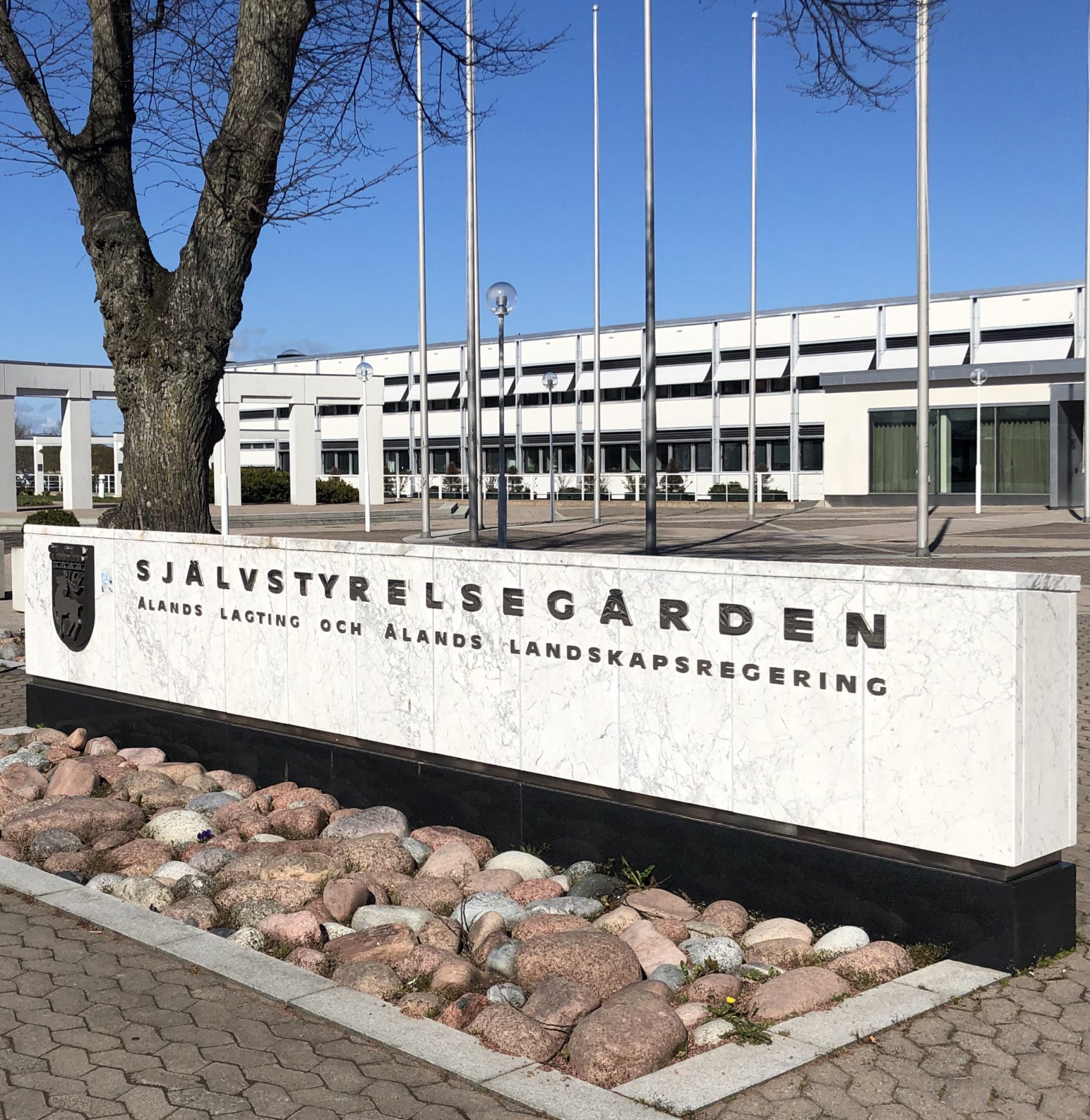Åland’s special position
Åland is an autonomous province in Finland, consisting of about 6,500 islands and about 30,000 inhabitants.
Åland belonged to Sweden until 1809 when it, together with the rest of Finland, became Russian. Strategically located Åland was demilitarized in 1856. In connection with Finland’s independence (1917), the League of Nations (1921) decided that Åland would not be reunited with Sweden as the people wanted, but that Åland should belong to Finland, but be self-governing and have guarantees for language and culture. At the same time, demilitarization was expanded and supplemented with neutralization.
Several international decisions and agreements form the basis for Åland’s special position. Some are mentioned here:
Decision of the League of Nations Council on Åland, 24 June 1921
Åland Agreement, 27 June 1921
In 1994, when Finland and Åland joined the EU, a special protocol on Åland was annexed to the Accession Treaty. Exceptions were accepted … “with regard to Åland’s special status under international law”.
Autonomy
Åland has the authority to enact its own laws in many areas and has its own parliament and government.
The protection of self-government on Åland was one of the guarantees adopted by the League of Nations in 1921. The protection is further developed in Åland’s Self-Government Act and other international and national legislation.



